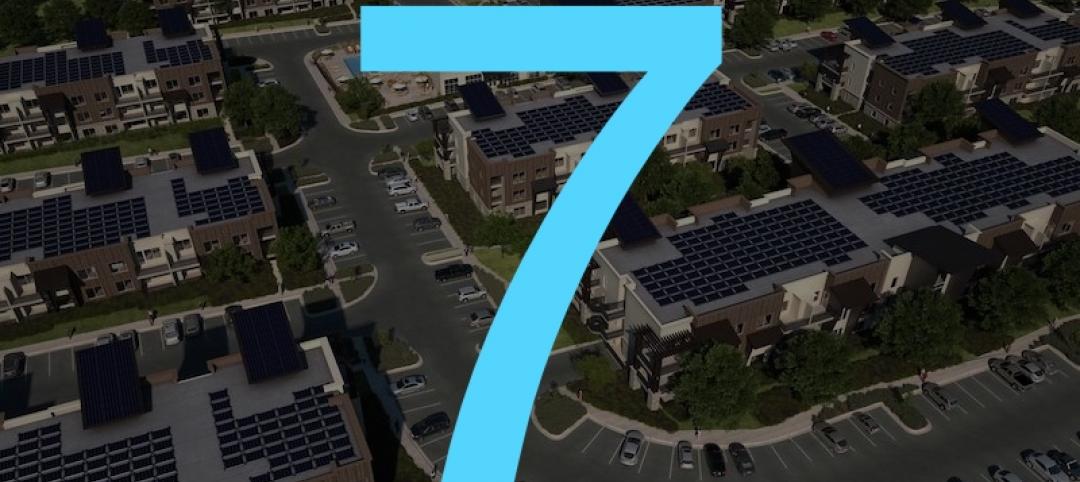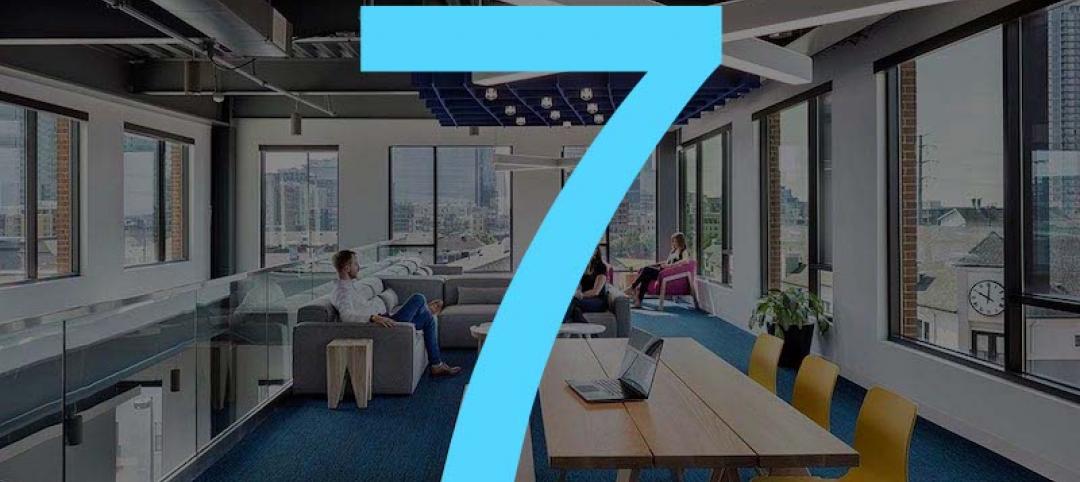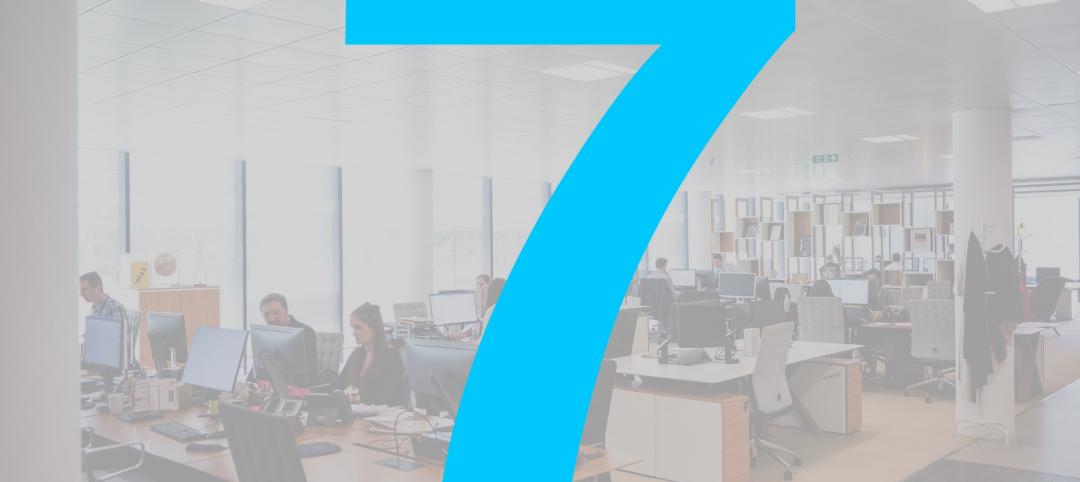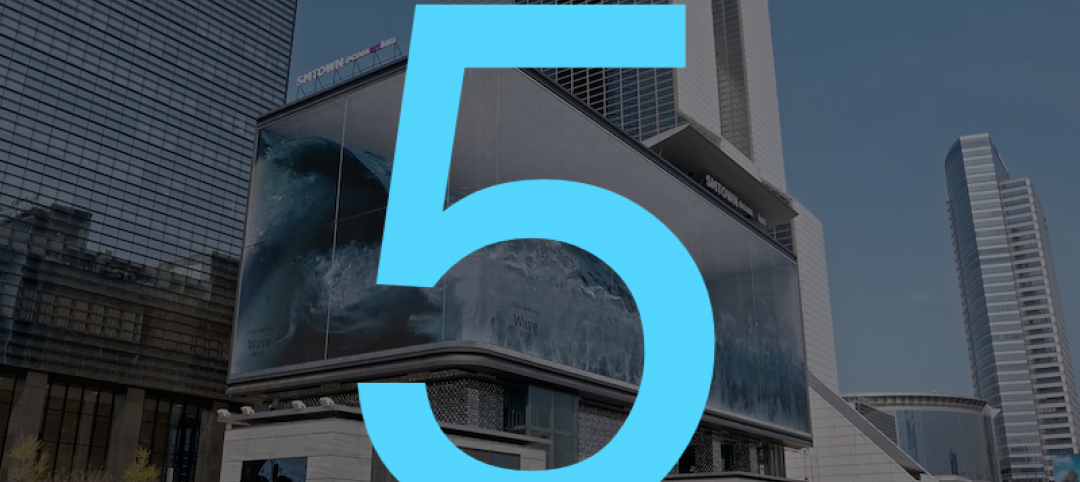Last week, The World Bank lowered its estimate for global growth in 2016 to 2.9%, from its 3.5% prediction last June. The Bank is particularly concerned about slowdowns in China and developing companies that could reverberate, long term, to advanced economies.
However, the Bank’s forecast was more optimistic about the United States, whose 2.7% economic growth in 2016, if realized, would be its fastest pace since 2006.
Whether the U.S. can outpace other nations’ economies is a topic of some debate. James Pethokoukis, a Fellow at the American Enterprise Institute, thinks the U.S. could face decades of “unhealthy economic populism” if GDP and job growth aren’t matched by productivity gains, which over the past five years have averaged only 0.6%. More dour is Citigroup, which is on record that there’s a 65% chance of another recession in the U.S. this year.
The current state of America’s stock market, which got off to a miserable start in 2016, doesn’t exactly augur happy days ahead. But that downturn, and the generally mediocre pace at which the world’s economies are moving, didn’t deter Morgan Stanley from reiterating its belief that the U.S. would continue growing through 2020, and thereby achieve the longest economic expansion in the post-World War II era.
Morgan also thinks that if the U.S. skirts another recession, corporate profit growth could lift the S&P 500 to 3,000 by 2020. (That Index ended Jan. 13 at 1,890.28, down 48.40 to its lowest level since last September. Morgan’s prediction is in sharp contrast with economic bears who are already predicting the S&P 500 could collapse by as much as 75% from its peak of 2100 last year, driven down by China’s currency deflation.)
There are three main reasons why Morgan Stanley remains bullish about the American economy:
•The U.S added about 200,000 jobs per month in 2015, its second-best year for employment gains since 1999. The employment picture spurred consumer confidence, as measured by the University of Michigan, to average 92.9 last year, the highest it’s been at since 2004.
•Americans are getting themselves out of the red. Morgan Stanley notes that debt to disposable income, at about 106%, has fallen from 138% in 2008. And the portion of loan balances that are 90-plus days delinquent fell below 4% for the first time since the recession ended.
•Big companies are cleaning up their balance sheets and being a lot more careful about what they invest in. Morgan Stanley expects capital spending-to sales at the largest 1,500 corporations to fall to 4.6%, compared to between 6% and 9% before the last two recessions. S&P 500 companies have about $100 billion in loans coming due this year and $300 billion in 2017, which Morgan considers manageable amounts.
Related Stories
Market Data | Jun 2, 2020
5 must reads for the AEC industry today: June 2, 2020
New Luxembourg office complex breaks ground and nonresidential construction spending falls.
Market Data | Jun 1, 2020
Nonresidential construction spending falls in April
Of the 16 subcategories, 13 were down on a monthly basis.
Market Data | Jun 1, 2020
7 must reads for the AEC industry today: June 1, 2020
Energy storage as an amenity and an entry-point for wellness screening everywhere.
Market Data | May 29, 2020
House-passed bill making needed improvements to paycheck protection program will allow construction firms to save more jobs
Construction official urges senate and White House to quickly pass and sign into law the Paycheck Protection Program Flexibility Act.
Market Data | May 29, 2020
7 must reads for the AEC industry today: May 29, 2020
Using lighting IoT data to inform a safer office reentry strategy and Ghafari joins forces with Eview 360.
Market Data | May 27, 2020
5 must reads for the AEC industry today: May 28, 2020
Biophilic design on the High Line and the office market could be a COVID-19 casualty.
Market Data | May 27, 2020
6 must reads for the AEC industry today: May 27, 2020
AIA's COTE Top Ten Awards and OSHA now requires employers to track COVID-19 cases.
Market Data | May 26, 2020
6 must reads for the AEC industry today: May 26, 2020
Apple's new Austin hotel and is CLT really a green solution?
Market Data | May 21, 2020
7 must reads for the AEC industry today: May 21, 2020
'Creepy' tech invades post-pandemic offices, and meet the new darling of commercial real estate.
Market Data | May 20, 2020
6 must reads for the AEC industry today: May 20, 2020
A wave 'inside' a South Korean building and architecture billings continues historic contraction.
















